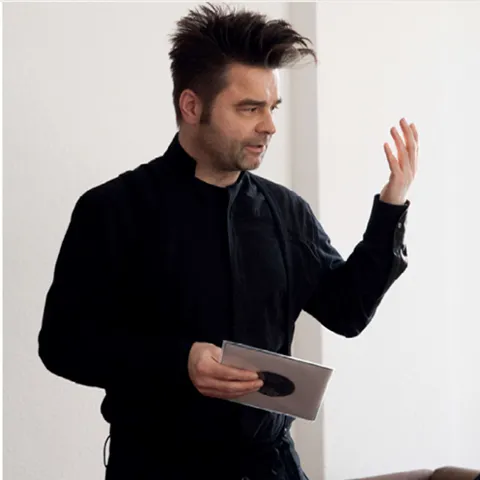Colloqium
October 2013
Description
First Meeting of the PhenCoCo Project with a presentation on David Chalmers´’The Computational Foundation for the Study of Cognition.'
Speakers
Auris–E. Lipinski: Auris-E. Lipinski is a studied philosophy teacher with experience in the tech industry, providing one-on-one lessons and tech-communication for companies and entrepeneurs, as well as language trainings and simultaneous translations. While studying Philosophy & English at Humboldt University, Berlin, she became a scientific assistant at VIOM GmbH. She founded PhenCoCo in the aftermath of university seminars like “Konstruktion und Phänomenologie der Wahrnehmung”, Phänomenologie und Kognition" (M. Thiering) and “Computation und Geist” (J. Bach). She has been involved in different research and development projects, guiding her academic interests towards way finding and cognitive preconditions for navigation, both computational and phenomenological. This includes working on spacial concepts found in philosophy, psychology and robotics, subsuming Gestalt theory, embodiment theories, language/ concept importance, association and intuition. Her personal interests lie in current issues in philosophy, technology and science, specifically navigation, optimisation, and telematics. The last years have added attention to so called ‘AI’ versions and their impact on society, as well as propaganda methods and discrimination topics.
Expert Guests

Martin Thiering (Expert Guest): rof. Dr. Martin Thiering’s interdisciplinary, difference-theoretical-semiotic approach to meaning-making and shaping processes in multimedia and multimodal environments focuses on communicative, speech- and image-act-theoretical processes, especially in visual media. Prof. Thiering understands these as semiotic practices in media-based application processes and investigates such performative processes in various (neo-)analog and digital media, including, for example, design processes in VR spaces or media framing. The focus is on interactions between cognition and practices in the relationship between the visual and the textual or auditory, using the example of computer games, photographs, films, graphic novels, or architectural designs. Prof. Thiering analyzes the meaning-giving performative practices, among other things, on the basis of gestalt and embodiment theory and phenomenological theories. From Prof. Thiering’s point of view, phenomena such as optical illusions or ambiguous figures are of fundamental importance for the understanding of creative processes. Prof .Thiering’s teaching is inter- and transdisciplinary and open to the critical examination of socially relevant topics such as sexism, racism and classism in the field of visual cultures. In his teaching, he combines theory and empirical practice in an explorative way.